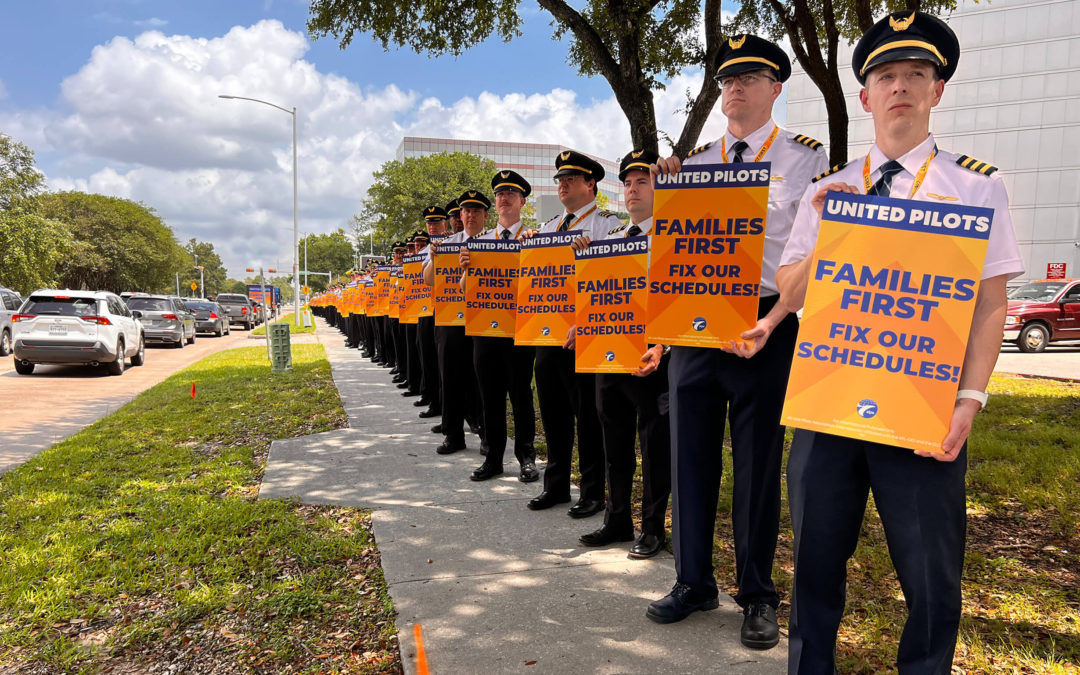
by Eric Price | Jun 2, 2023 | Front Page, Other News, Row 2, United
Guam Delegate Challenges United’s ‘Absurd’ Prices IAM141.org June 2, 2023 Guam Del. James Moylan is seeking more information on flights into and out of Guam, including the reasons behind “absurd” prices for United Airlines tickets in the...

by Eric Price | Jun 1, 2023 | Community Service, Front Page, Other News, Row 2
Standing Strong: Guam’s Resilience in the Aftermath of Super Typhoon Mawar IAM141.org June 1, 2023 Amid the extensive damage caused by Super Typhoon Mawar, the District Vice President of the Machinists Union in Guam, is encouraging residents to seek help from...

by Eric Price | May 29, 2023 | Front Page, MNPL, Other News, Row 2, Work Rules: Labor Struggles in the Modern Age
Dragonomics: Unmasking the Dragon of Inequality IAM141.org May 29, 2023 When a provocative question posed in a viral social media post recently caught the public’s attention, it sparked a broader conversation on wealth distribution. The question was simple yet...

by Eric Price | May 17, 2023 | Community Service, Front Page
Machinists Union Local 1725 Swings into Action for Guide Dogs of America IAM141.org May 17, 2023 CHARLOTTE, NC – Machinists Union Local 1725 hosted a Golf Outing Charity Fundraiser at the Harry Jones Golf Course in Charlotte, NC on Wednesday, May 17. The event...

by Eric Price | May 12, 2023 | Front Page, Organizing, Recent News, Row 2, United
Largest Non-Strike Rally in Airline History IAM141.org May 12, 2023 HOUSTON – The largest non-strike rally in the history of commercial aviation took place on Friday. Thousands of airline workers from five different Unions joined forces at ten airports to call...






